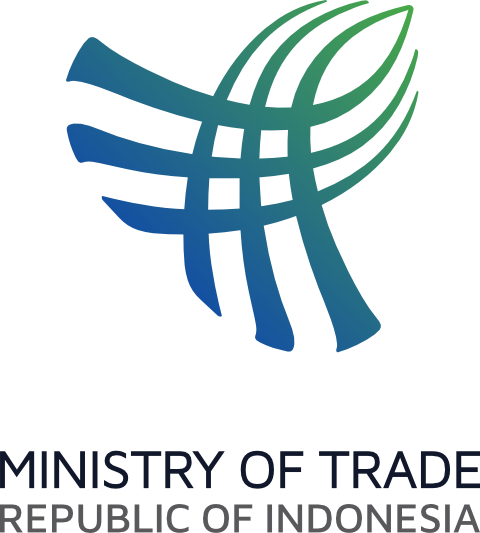
Lekki Port to contribute $200bn revenue in 45 years – Oyetola
Lekki Port to contribute $200bn revenue in 45 years – Oyetola
The Minister of Marine and Blue Economy, Adegboyega Oyetola, has projected that the Lekki Deep Sea Port will generate about $200 billion in government revenue over its 45-year concession period,while contributing a total of $361 billion in economic impact. Speaking at a breakfast meeting in Lagos organized by the Nigerian Chamber of Shipping (NCS) and Lekki Port, Oyetola highlighted the port’s role in reducing congestion in Lagos ports, boosting trade efficiency, and positioning Nigeria as a competitive logistics hub.
He noted that federal and state governments, alongside private partners, have invested in critical road infrastructure to ease cargo evacuation, restore investor confidence, and enhance trade flow. Oyetola described the port as a replicable model for modernising Nigeria’s port system, built on five pillars: strategic location, public–private partnership, integrated transport links, supportive government policies, and technology-driven operations. He added that lessons from Lekki Port will be extended nationwide to upgrade other ports such as Apapa, Onne, Calabar, and Rivers.
The Managing Director of Lekki Port, Wang Qiang, described the facility as a game-changer for Nigeria’s maritime sector, with world-class infrastructure including Post Panamax cranes, automated scanning systems, and fast gate transactions that cut logistics costs and truck turnaround times. He revealed that the port has already started transshipment operations, helping Nigeria reclaim maritime business previously lost to neighbouring West African countries and providing access for landlocked nations.
Other stakeholders, including the Managing Director of the Nigerian Ports Authority, Abubakar Dantsoho, and NCS President Aminu Umar, stressed the importance of large-scale investment, partnerships, and the new Ministry of Marine and Blue Economy in unlocking Nigeria’s trade and shipping potential. Overall, the port is being positioned not just as a single project, but as a national blueprint for transforming trade, energising the blue economy, and creating future-ready jobs.








